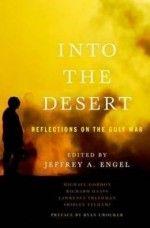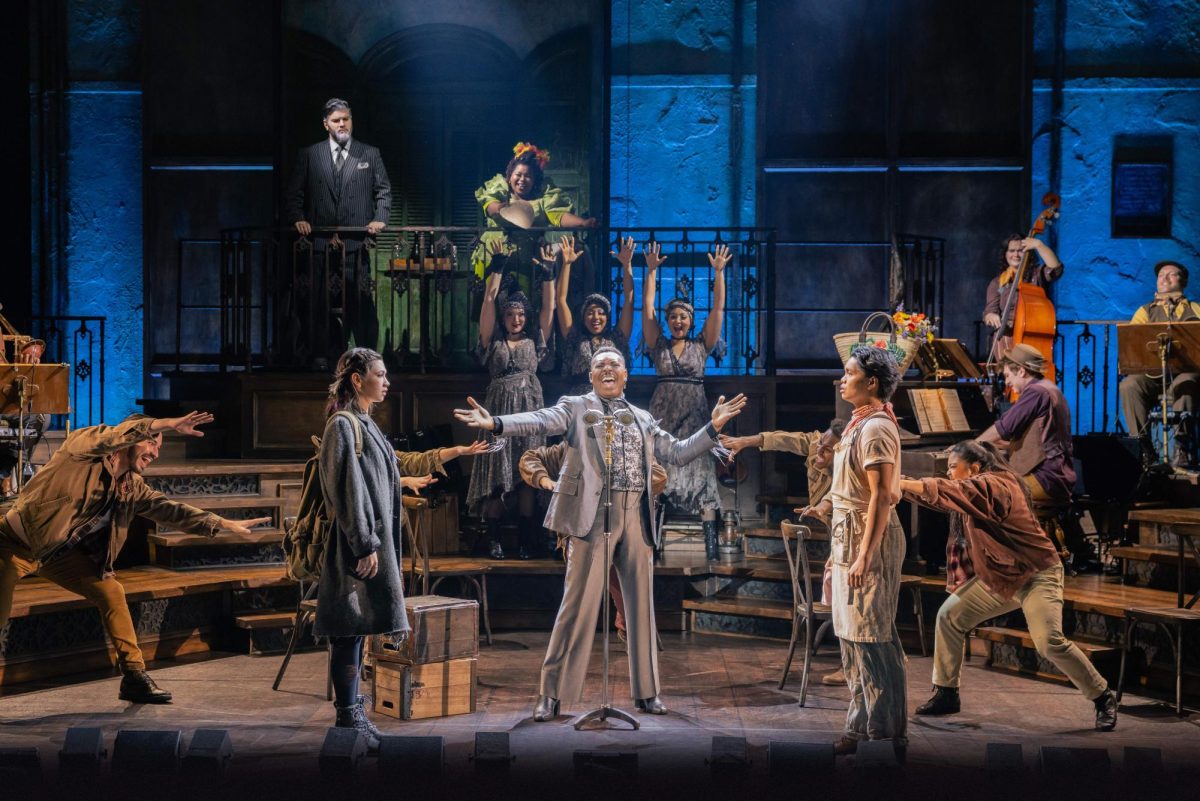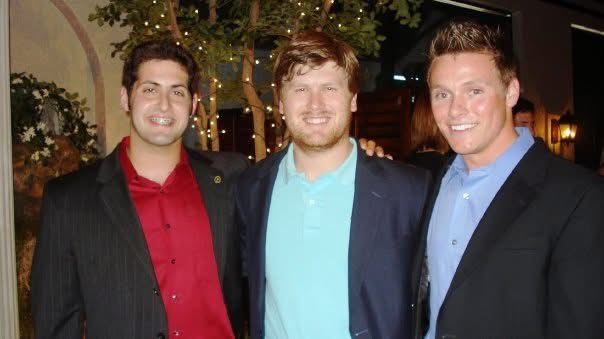The Gulf War, a long forgotten conflict for many, has had a lasting impact on American history. Into the Desert, a book by Dr. Jeffrey A. Engel, attempts to discuss the war in depth, taking readers back to a time when foreign policy was being redefined in the Middle East.
Wednesday night, the Texas A&M Bush School hostedDr. Jeffrey A. Engel, a graduate of Cornell University and former associate professor of history and public policy at Texas A&M. Engel, the current Director of Presidential History Projects for Southern Methodist University, holds a PhD in American History and recently released his book Into the Desert: Reflections on the Gulf War.
At Wednesday nights event, Engel lectured on his newly released book, a collection of essays from various renowned contributors offering their differing perspectives on the Gulf War conflict.
“It’s an edited collection that explores a variety of analyses of the Gulf War,” Engel said. “I think this is that rare collection of essays that is more than the sum of its parts. The essays speak to each other.”
While the book contains the perspectives of a variety of individuals, the focus of the lecture was on Engel’s own perspectives on the Gulf War, in particular how it has affected America in the 20-plus years since Operation: Desert Storm.
Engel’s analysis in the lecture boiled down to a series of major points: that the Gulf War was a transformative movement for the Middle East, especially with regards to foreign policy, that America essentially became another Gulf state with its use of Middle Eastern Oil and Engel’s own argument that there could have been multiple alternatives to military force at the time.
Engel argued that the Gulf War was all part of President Bush’s plan to form a “New World Order,” a post-Cold War era of peace that required the Gulf War. Even though Engel also argued that Washington had other options such as letting the Arab nations evaluate the implications of Saddam Hussein’s aggression amongst themselves or economic sanctions. He said military force could have been limited to merely an air campaign.
Engel also pointed out that Bush’s plan for a ground war was not particularly popular amongst his cabinet. The resulting conflict and its aftermath would change the face of history forever, altering American foreign policy and attitude towards the Middle East.
“The Gulf War marked a fundamental pivot point in American history,” Engel said.
After the main lecture, Engel was joined by former U.S. Ambassador Larry Napper and Lt. Gen. Randy House (U.S. Army, ret.), Class of 1967, for a Q&A session.
During the session, Napper offered a unique perspective from his time as a deputy chief to the U.S. Embassy in Bucharest, Romania. Napper largely agreed that the Gulf War was a productive affair for America and the world in general.
“He [President Bush] did have a broader vision about the world after his administration,” Napper said. “I think there were many proximate objectives he saw, but I am at least persuaded that something had to come out of this after the war. What came out of this was an international coalition that could turn back aggression.”
Lt. Gen. House offered a militaristic perspective on what the Gulf War did, especially for the American military post-Vietnam.
“You just had to understand the context of where I was,” House, also a Vietnam Veteran, said. The only thing I knew was when we went to the Gulf War we were so good, I knew we could beat any enemy we ran into.”
House also revealed that there were actually plans to have an extended military presence in the Middle East, similar to the installations in Europe during the Cold War.
“There were plans to build camps like in Germany,” House said. “We were into defending Saudi Arabia.”
The overall purpose of Engel’s lecture was to provide perspectives on the Gulf War, often a conflict that most people seem to forget because of its brevity over 20 years after it happened. “Into the Desert” shines a light on the conflict which, though brief and very celebrated at the time, has had long-lasting repercussions for the Persian Gulf.
“We remember the past not by how things happened but by how things turned out,” Engel said.
Bush School features lecture on newly-released book, ‘Into the Desert: Reflections on the Gulf War’
January 31, 2013

0
Donate to The Battalion
$1815
$5000
Contributed
Our Goal
Your donation will support the student journalists of Texas A&M University - College Station. Your contribution will allow us to purchase equipment and cover our annual website hosting costs, in addition to paying freelance staffers for their work, travel costs for coverage and more!
More to Discover









